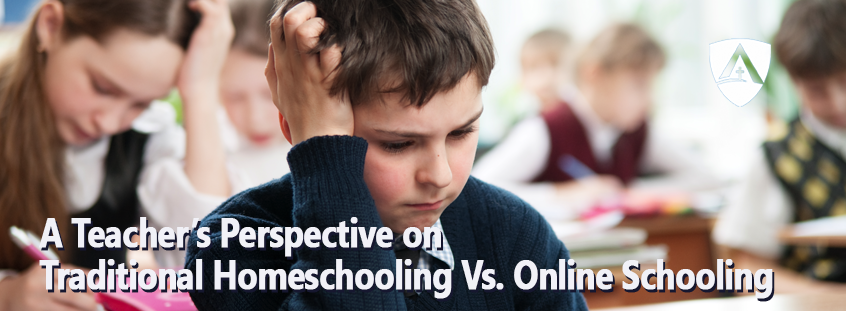BONUS STEP: CONDUCTING AND USING RESEARCH
I’m going to start at the beginning with this, since, in my experience, finding good research is a major stumbling block for students. Even though most of my students are incredibly technologically literate and spend a lot of time online, it is a mistake for teachers (or students) to assume that this is the same thing as conducting research.
This is the final entry in a series concerning the writing process. You can review the entire series at this link.



















